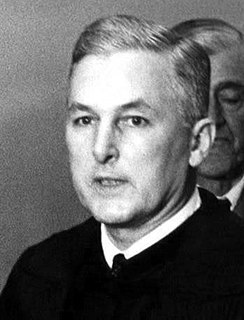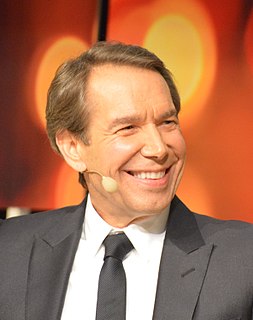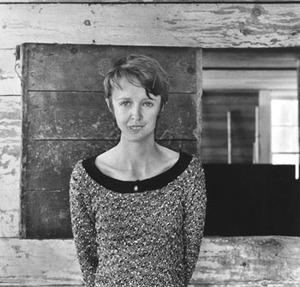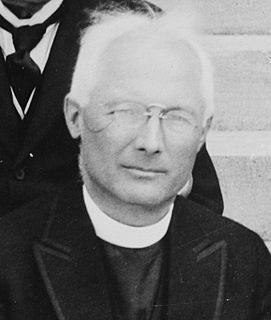A Quote by Paulo Freire
... there is no valid teaching from which there does not emerge something learned and through which the learner does not become capable of recreating and remaking what has been taught.
Related Quotes
... teaching cannot be a process of transference of knowledge from the one teaching to the learner. This is the mechanical transference from which results machinelike memorization, which I have already criticized. Critical study correlates with teaching that is equally critical, which necessarily demands a critical way of comprehending and of realizing the reading of the word and that of the world, the reading of text and of context.
The close observer soon discovers that the teacher's task is not to implant facts but to place the subject to be learned in front of the learner and, through sympathy, emotion, imagination, and patience, to awaken in the learner the restless drive for answers and insights which enlarge the personal life and give it meaning.
What I've learned about teaching is to refer back to the root of that word, which is educo, which means "to pull from." Education does not mean jamming information into somebody's head. Rather, it's that ancient idea that all knowledge is within us; to teach is to help somebody pull it out of themselves.
A person is wise who does not only know what is right and wrong, but also he knows very well his own power not to do something wrong. He just does not do it. Wisdom is a complete power within ourselves by which we try nothing. It just spontaneously works through us and we do things which are proper and right.
We live fragmented, compartmentalized lives in which contradictions are carefully sealed off from each other. We have been taught to think linearly rather than comprehensively, and we do this not through conscious design or because we are not intelligent or capable, but because of the way in which deep cultural undercurrents structure life in subtle but highly consistent ways that are not consciously formulated.
And finally remember that nothing harms him who is really a citizen, which does not harm the state; nor yet does anything harm the state which does not harm law [order]; and of these things which are called misfortunes not one harms law. What then does not harm law does not harm either state or citizen.
It is the single image, as used in a photograph or a painting - or the frame of a film - to which words have been added to enlarge the context. The method is not the same as that by which most paintings are named. It is closer in its performance to what dialogue does to a movie, to what the caption does to a good poster.



































